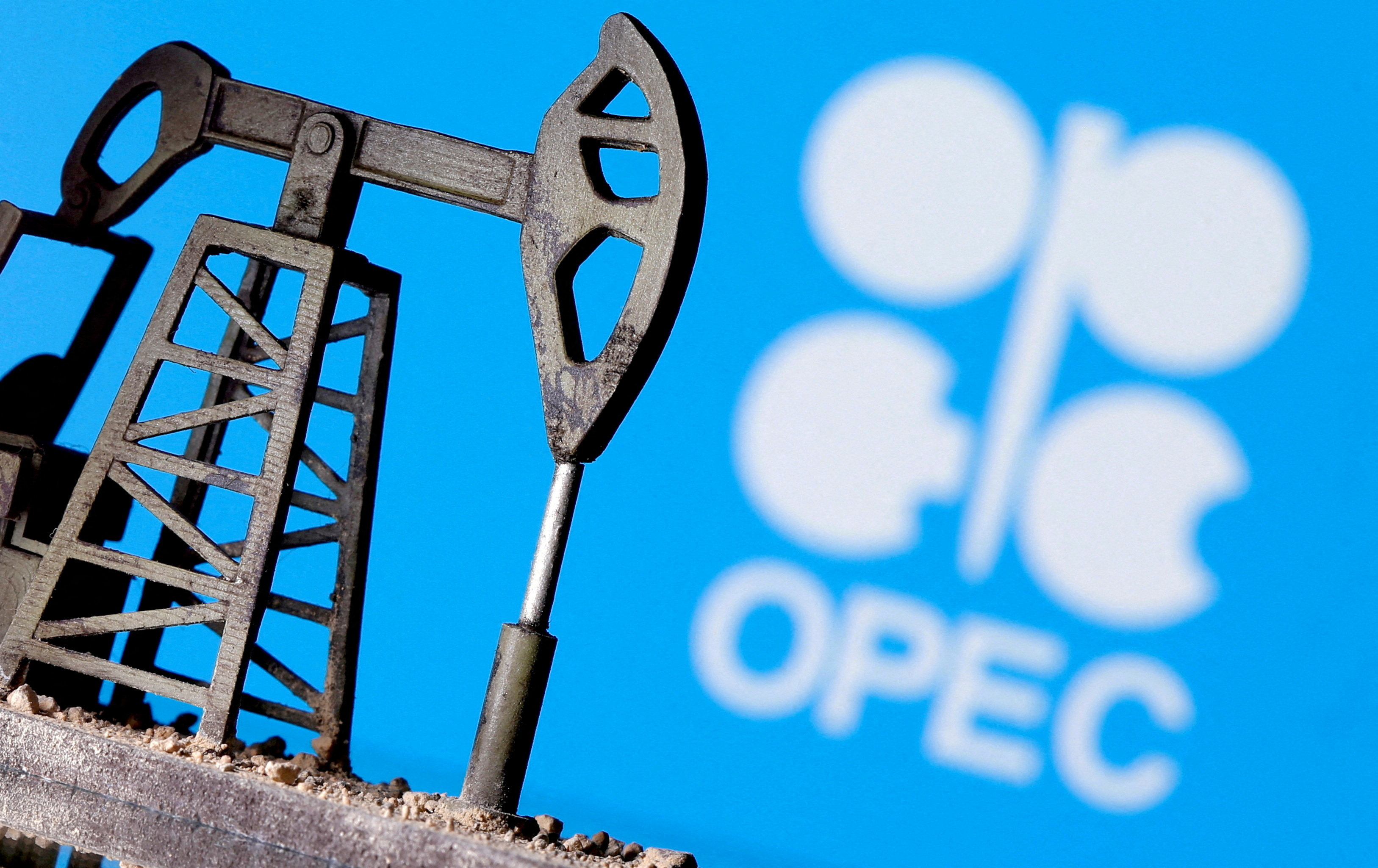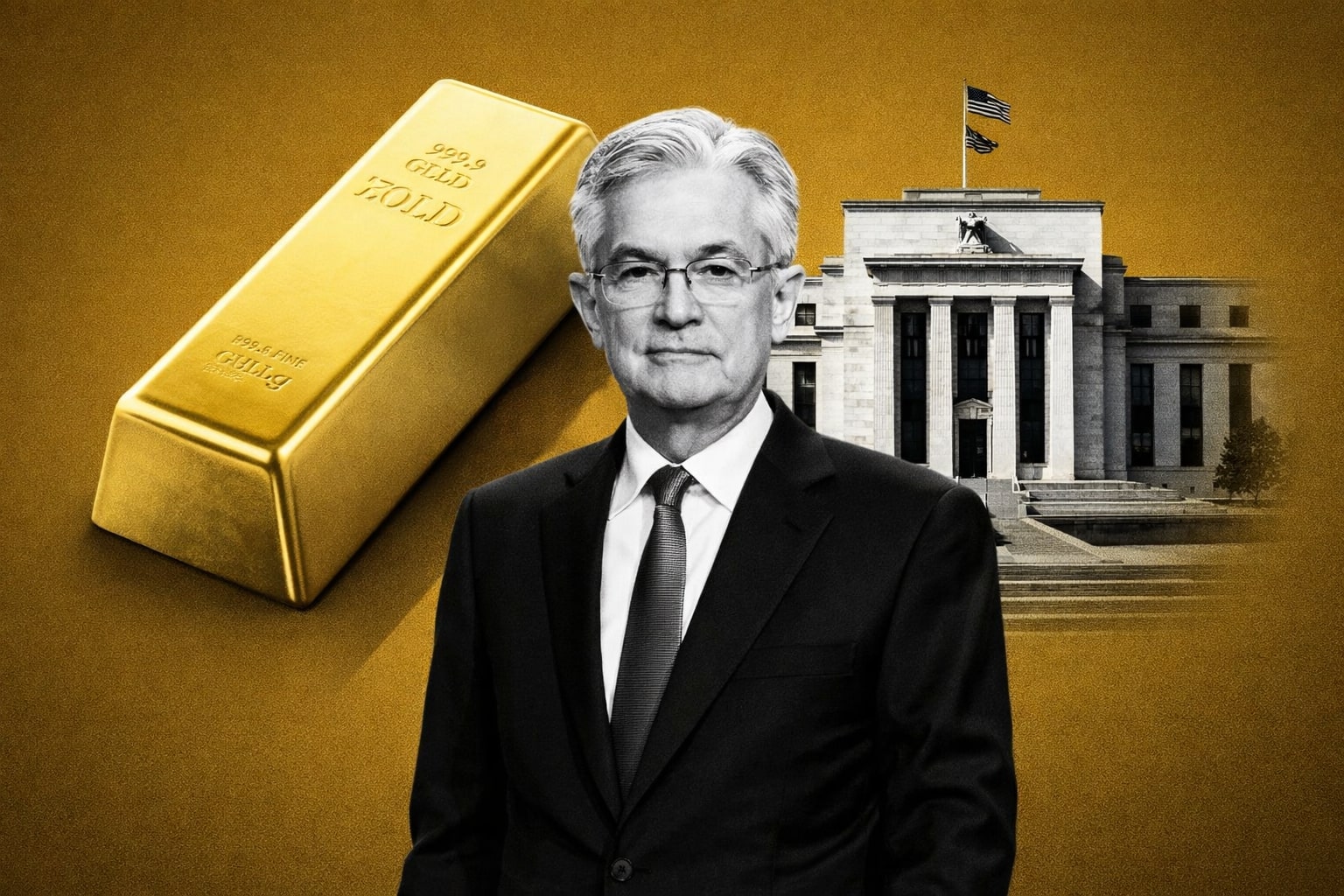
Global Oil Market Amid Debt, OPEC+, and Fed Uncertainties
Escalating Tensions over US Debt Ceiling, OPEC+ Actions, and Rising Chinese Debt Stir Oil Market Volatility
The global oil market continues to face significant uncertainties, with oil prices experiencing a downward trend on Tuesday due to a potential stalemate over a debt-ceiling deal in the US Congress and growing speculation about the future actions of the OPEC+ alliance.
On Tuesday, crude oil futures were observed to decline with ICE Brent futures at $74.75/b at 1305 GMT, a noticeable drop from Monday's settle at $77.10/b. Concurrently, Jul23 NYMEX WTI was trading at $70.50/b, down from Tuesday's close of $72.67/b. In the broader market, Brent crude futures decreased by $1.36 or 1.8 per cent, to $75.71 a barrel while US West Texas Intermediate (WTI) crude dipped by $1.19 or 1.6 per cent, to $71.48 a barrel.
This downturn comes as Congress remains embroiled in a dispute over the proposed increase of the $31.4 trillion debt ceiling. Despite an initial bipartisan agreement, Republican Governor Ron DeSantis has expressed his skepticism about the deal's effectiveness, stating the US is still "careening toward bankruptcy". This has sparked fears of potential holdouts among the GOP ranks, threatening the precarious balance struck between President Joe Biden and House Speaker Kevin McCarthy. The approval of this deal is crucial, as the US is projected to exceed its current debt limit in early June.
The uncertainty is further amplified by concerns surrounding the upcoming OPEC+ meeting and the potential for further rate hikes. Stephen Innes, managing partner of SPI Asset Management, pointed to fluctuating oil prices, citing factors such as Federal Reserve uncertainty, low liquidity, and conflicting messages from OPEC+ members about future production cuts. Russian oil supply has emerged as a significant variable, with Moscow's unfulfilled announced cuts creating an unpredictable dynamic.
In response to the tentative debt-ceiling deal, Austan Goolsbee, President of the Chicago Federal Reserve Bank, warned that failure to approve the agreement could have severe consequences for the financial system. Yet, he refrained from commenting on a potential interest-rate hike at the upcoming Fed meeting on June 13-14, as the effects of previous central bank rate increases remain to be seen.
Adding to the list of concerns are the mounting debts from China's property sector. The Evergrande Group disclosed that its debt levels had surged to nearly 900 billion yuan, roughly $127 billion. The news led to a 3% drop in oil prices as worries over the U.S. debt ceiling agreement and inconsistent messages from major producers impacted the market's risk sentiment and muddled the supply outlook.
The outcome of the U.S debt-ceiling issue has significant global implications, particularly for the world's largest oil consumer. Republican lawmakers voiced potential opposition to a debt-ceiling increase, a move that could disrupt financial markets, adversely affect oil demand, and potentially lead to catastrophic economic repercussions, according to Tamas Varga from PVM Oil.
The proposed debt-ceiling legislation must navigate a divided Congress before June 5 to prevent a default on the country's financial obligations. This deadline coincides with an OPEC+ meeting scheduled for June 4. Market analysts are closely watching for any signs of output cuts from the influential alliance, especially in light of recent price slumps.
Saudi Arabian Energy Minister Abdulaziz bin Salman sent a stern warning to short-sellers betting against oil prices, hinting at possible output cuts. On the other hand, Russian officials, including Deputy Prime Minister Alexander Novak, suggest that the world's third-largest oil producer might maintain current output levels, adding another layer of complexity to the market's outlook.
As these multi-faceted global events unfold, investors are closely watching their potential impacts on oil futures. On the Multi Commodity Exchange (MCX), crude oil futures for a June 16 expiry were last seen trading lower by 1.59 per cent at ₹5,940 per bbl, which is approximately $71.28, displaying an intra-session swing between ₹5,893 ($70.72) and ₹6,021 ($72.25) per bbl.
Read More
-
GPIX ETF 8% Monthly Yield and S&P 500 Upside at $53
13.01.2026 · TradingNEWS ArchiveStocks
-
XRP ETFs XRPI, XRPR and Bitwise XRP Pull In $1.5B as XRP-USD Stalls Around $2.13
13.01.2026 · TradingNEWS ArchiveCrypto
-
Natural Gas Price Forecast: NG=F Climbs Off $3.00 Floor as Cold Snap and LNG Flows Lift UNG
13.01.2026 · TradingNEWS ArchiveCommodities
-
USD/JPY Price Forecast - USDJPY=X Charges Toward ¥159 as Japan Election Fears Hit the Yen
13.01.2026 · TradingNEWS ArchiveForex



















